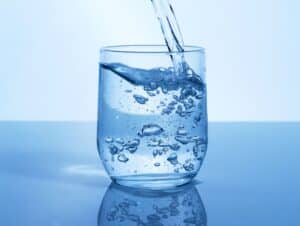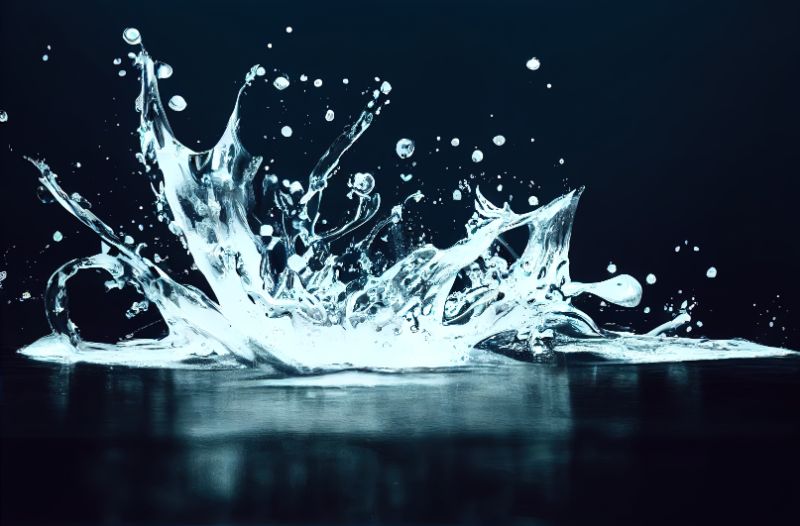How to Rate Water Softeners?
Water softeners are a common home appliance that helps remove the dissolved minerals in your drinking water. It’s a great way to avoid the health problems associated with hard water, including dry skin, hair, irritated eyes, and clogged pipes.
(Looking for McGowan best water filtration? Contact us today!

There are a few different types of water softeners to choose from, and they all have their pros and cons. Some have more benefits than others, so it’s important to shop around for the best system for your needs.
First, consider your water source: Is your water sourced from a municipal system or a private well? If it’s sourced from a municipal system, it will have already been treated with chlorination. If it’s a private well, you should test the water to determine what kind of contaminants and hardness minerals are in your supply.
Once you’ve identified your water source, it’s time to figure out the right size of water softener for your home. This will depend on the number of people in your family and how much water you use at one time.
You’ll also want to consider the flow rate of your water system, which is the amount of water it can deliver to all of the fixtures and appliances in your home. If the water softener you choose is too small, it may not be able to keep up with your water usage and could cause your water pressure to decrease.
Next, decide if you want a salt-based or salt-free water softener. While both softeners can remove the dissolved minerals in your water, they do so differently.
A salt-based water softener works by using a type of ion exchange to swap the heavy hardness minerals in your water for sodium ions (salt). These ions make your drinking water healthier and more neutral.
Salt-free water softeners, on the other hand, work by conditioning the minerals in your water so they can’t stick to surfaces. They’re more affordable than their salt-based counterparts, but they’re also less effective at removing other contaminants.
Finally, look for a water softener that meets industry certification requirements. Both the Water Quality Association and NSF International offer certification programs for a range of water treatment systems, including water softeners.
Choosing the right water softener is critical to having healthy and pleasant-tasting drinking water throughout your home. These products range from small units that can be installed in a laundry room or basement to whole-house systems that require a connection to your incoming water line.
Some of these systems are fully automatic, while others let you program regeneration cycles. The latter are great if you’re on a budget or are environmentally conscious.
For example, Aquasure’s dual-tank model features a digital control panel that lets you see your current flow rate and regenerate times. It also eliminates iron, magnesium, and calcium and comes with a metered regeneration system to reduce overall salt and water consumption.
While these features make the water softener more expensive, they’re also more convenient. With Bluetooth technology, you can easily adjust your backwash, salt use, and regeneration cycle from your phone.

